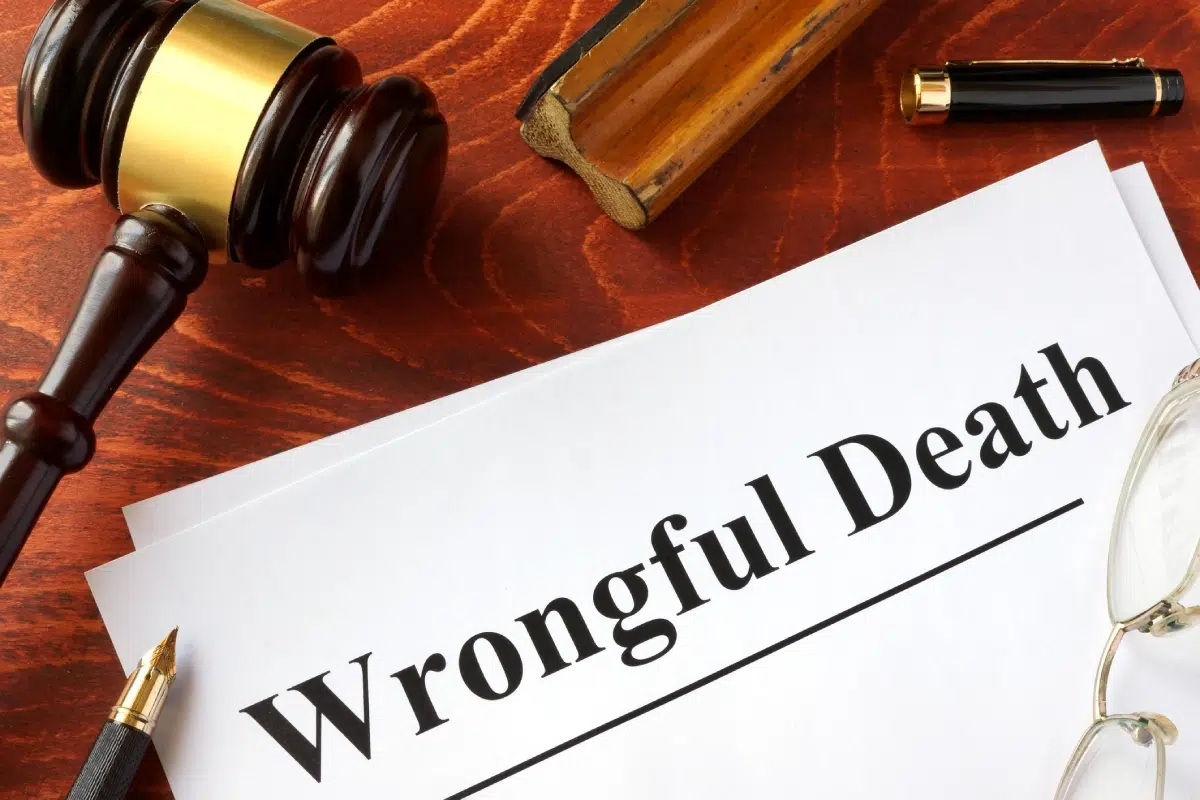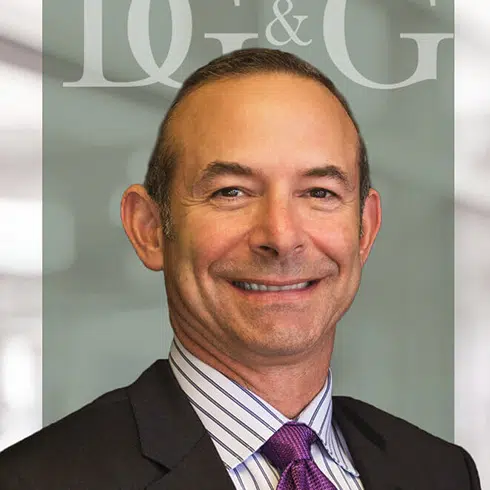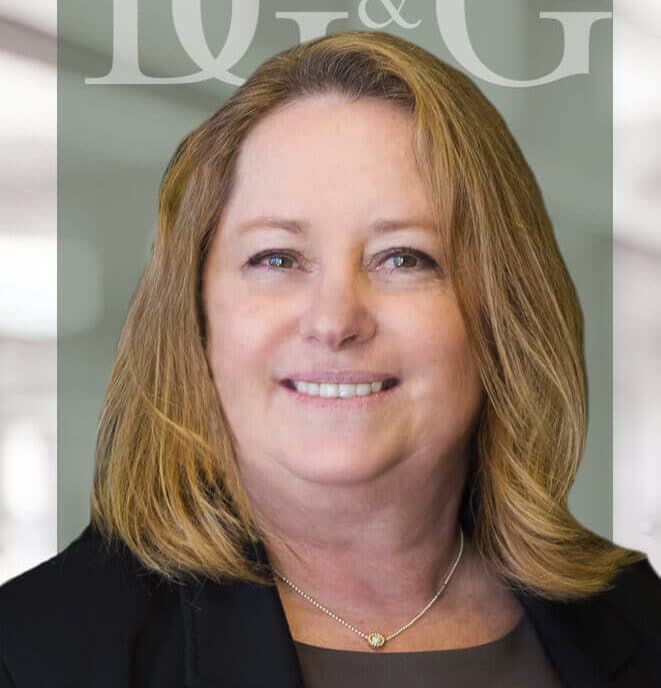Some people mistakenly believe that filing a wrongful death suit means you’re trying to “take advantage” of your loved one’s passing. But as you know, that couldn’t be further from the truth. In many cases, the wrongful death settlement is used to cover funeral expenses, the medical care your loved one received before death, and related expenses. If your loved one was the primary breadwinner, the compensation you receive can also help you support your family while you become established in a career or find another source of income.
So can you file a civil lawsuit for wrongful death? Should you? While consulting with wrongful death attorneys is the best way to properly assess your case, there’s nothing wrong with learning about wrongful death actions. Here’s a closer look.
What Is a Wrongful Death Civil Case?
You might wonder — what is wrongful death? Lawsuits for a wrongful death civil case are filed against people who negligently or deliberately caused another’s death. The lawsuit is filed by certain qualifying family members on behalf of the deceased. Ultimately, family members often file these lawsuits to hold negligent people accountable and to secure compensation for their own financial and emotional loss.
Types of Wrongful Death Cases
As injury lawyers in San Francisco can tell you, there are many ways to suffer a serious injury or even death. Generally speaking, you can bring a wrongful death case against someone who caused your loved one’s death either on purpose or due to negligence. These are some common examples of wrongful death cases:
- Drunk driving accidents
- Other car accidents
- Medical malpractice
- Insufficient security
- Assault and other deliberate criminal acts
- Pedestrian accidents
- Premises liability cases
Until you talk to an attorney, wrongful death cases can be difficult to understand. Always seek out the help of an experienced lawyer before you decide whether to file a lawsuit.
Who Can File a Wrongful Death Claim?
In California, you can’t file a wrongful death lawsuit on someone’s behalf unless you have a qualifying relationship with them. Under California wrongful death statute, this group has priority when it comes to filing wrongful death lawsuits:
- The surviving spouse or domestic partner of the deceased
- Children of the deceased
- Grandchildren of the deceased (if the deceased’s children have died)
If the above people are all deceased, anyone who can inherit the deceased’s property under California law can file a claim. If another party can demonstrate they were financially dependent on the decedent, they may be able to file a wrongful death claim.
You might wonder — can a fiancee file a civil suit for wrongful death? Typically, the answer is no.
Who Can Be Sued for Wrongful Death?
While California imposes very clear limits on who can file a wrongful death suit, the same can’t be said for people who can be sued for wrongful death. You can file a wrongful death claim against any person or entity whose negligence (or intentional actions) caused the death of your loved one.
Keep in mind that the fact that you can sue almost any entity doesn’t mean an attorney will take your case. For example, filing a lawsuit against a government agency can be difficult, and some attorneys might prefer to focus their efforts elsewhere.
Establishing Wrongful Death
In order to maximize your chances of a successful outcome, your legal team must be able to prove your wrongful death case. To establish wrongful death, your lawyers must prove the following four elements:
The Defendant Had a “Duty of Care” to Your Loved One
If you want to be able to prove negligence, the defendant (the person responsible for your loved one’s death) must have had a duty of care to them. This is a lot less formal than it sounds. Having a duty of care means you are obligated to act (or not act) in a particular way toward someone. For example, drivers on the road have a duty of care to other drivers, meaning they are obligated to follow traffic laws, avoid drunk or distracted driving, and ultimately do their best to drive safely.
They Breached That Duty
During a civil suit, your wrongful death attorney in San Francisco also must prove that the person who caused your loved one’s death somehow violated their duty of care. Going back to the road example, if your loved one was killed by a drunk driver, your lawyer could argue that by driving drunk, the other driver breached their duty of care to others.
That Breach of Duty Directly Caused Your Loved One’s Death
This is another key element of any claim for wrongful death. It might sound completely obvious, but your legal team will need to prove it regardless. Going back to the example above, the fact that the other driver was drinking on the road and the drinking led to the car accident that caused the death of your loved one should make this element easy to prove.
You Have Losses as a Result of Your Loved One’s Death
In order to receive compensation from wrongful death suits, surviving family members must prove that they have actual losses as a result of the decedent’s death. For example, if your family had to pay for your loved one’s burial and funeral expenses, you might pursue legal action in hopes of getting reimbursed.
If you aren’t sure whether you have a provable case based on these criteria, don’t worry. A personal injury attorney in San Francisco can evaluate your case for you and help you determine whether you should file a wrongful death suit.
The Wrongful Death Lawsuit Process
Dealing with the legal system — even when you haven’t been accused of a crime — can be a nerve-racking experience for anyone. While your attorney can offer you support and guidance, it can also be helpful to have a general sense of how the process works.
Initial Consultation
If you need a wrongful death or personal injury attorney, San Francisco has many. At your free initial consultation, a lawyer can tell you whether they think your wrongful death case would be successful in civil court. If they think so, they’ll likely take your case.
There’s nothing wrong with booking consultations with more than one lawyer for wrongful death. Just because one firm declines to take your case doesn’t mean every firm will.
Investigation
If an injury attorney in San Francisco takes on your wrongful death case, they’ll start investigating right away. They may look for the following:
- Medical bills
- Witness statements
- Police reports or incident reports (if applicable)
- Autopsy results
- Photos or video of the scene
- Testimony from medical experts
- Records of the financial impact of your loved one’s death
While your attorney for wrongful death can handle the groundwork here, offer to bring anything that might help your case (like copies of medical bills).
Filing a Lawsuit
Once your lawyer knows they have enough evidence to use when negotiating with the other side, they’ll file a lawsuit. The defendant will have the chance to respond to the lawsuit, and the court will set a hearing.
Settlement Negotiations
Most of the time, a personal injury or wrongful death matter is resolved by a settlement, not by going to trial. Trials are expensive and time-consuming, and if the defendant is a high-profile person or represents a large business, they probably don’t want the publicity that comes with going to court.
Discovery
Like any other kind of lawsuit, wrongful death lawsuits can be settled at any point during the trial process (as long as a verdict has not been reached). So if you’re working with a wrongful death or personal injury lawyer in San Francisco, they’ll proceed with the lawsuit if no settlement has been reached.
The “discovery” part of the lawsuit is where both sides gather evidence and share it with one another. If the case looks like it’s headed to trial, the personal injury law firm in San Francisco representing you might start taking depositions from any important witnesses in the case.
Trial
If both sides can’t come to an agreement, the case goes to trial. Taking a wrongful death case all the way to trial is risky. If you win, a judge will likely award you greater compensation than you would get from a settlement. However, if you lose, you walk away with nothing.
Liability and Parties Involved
In wrongful death cases, liability is often more complex than it initially appears. When your lawyer investigates your case, they will identify as many liable parties as they can to ensure you get the compensation you’re entitled to.
It’s easier to illustrate the complexity of liability with an example. Suppose that your loved one has died as a result of medical malpractice in a hospital. You might think the individual practitioner whose negligence led to your loved one’s death would be legally liable. Generally, that is correct.
However, your attorney might look into the doctor and find that they were sued for medical malpractice several times before they came to the current hospital. In this case, your attorney could reasonably argue that because the hospital should have known the doctor was a risk, the negligence of the hospital itself was a contributing factor in the wrongful death.
The Role of a Civil Wrongful Death Attorney
Depending on the circumstances of your loved one’s death, you might wonder if it’s possible for the negligent party to face criminal charges. In some cases, it’s entirely possible — but that isn’t the role of a civil wrongful death attorney.
A civil attorney attempts to obtain financial compensation for you in the wake of the loss. This is for two primary reasons. One is to hold negligent parties accountable. The other is to help you cover expenses related to the death of your loved one and to support yourself as you grieve.
Wrongful Death Settlements and Verdicts
When it comes to financial recovery in a wrongful death lawsuit, many people use the words “settlement” and “verdict” interchangeably. And while both involve recovering money, the terms mean very different things.
A settlement is the sum of money you receive when your civil suit for wrongful death is settled out of court. A verdict is the amount the defendant is ordered to pay you if you win your case in trial.
If you’re looking for a wrongful death and personal injury attorney, San Francisco, CA has no shortage of options. But when you choose an attorney, you should always check out their recent settlements and/or verdicts in wrongful death cases. At Delfino Green & Green, we have a track record of securing significant verdicts and settlements for our clients. The results speak for themselves!
Frequently Asked Questions
Can I File a Wrongful Death Lawsuit if My Loved One’s Death Was Caused by Negligence?
Maybe. After a death caused by negligence, only certain surviving family members can file a wrongful death claim. For instance, in California, the only people who can file a wrongful death claim (under most circumstances) are the spouse, domestic partner, or child(ren) of the deceased person. Because wrongful death law is so complex, you should consult with an attorney before deciding whether you should file a claim.
How Much Is a Typical Settlement From a Wrongful Death Action?
Without knowing more about your individual case, it’s impossible to tell you how much it may be worth. At your initial consultation, we can assess your case and tell you whether it’s likely to result in a successful wrongful death suit.
Is It Expensive to Work With a Wrongful Death Attorney?
No. Like many other personal injury and wrongful death law firms, we operate on a contingency fee basis. This means that you pay nothing upfront. If we recover compensation for you, you agree to pay us a portion of it. If we don’t recover compensation for you, you don’t have to pay anything.



